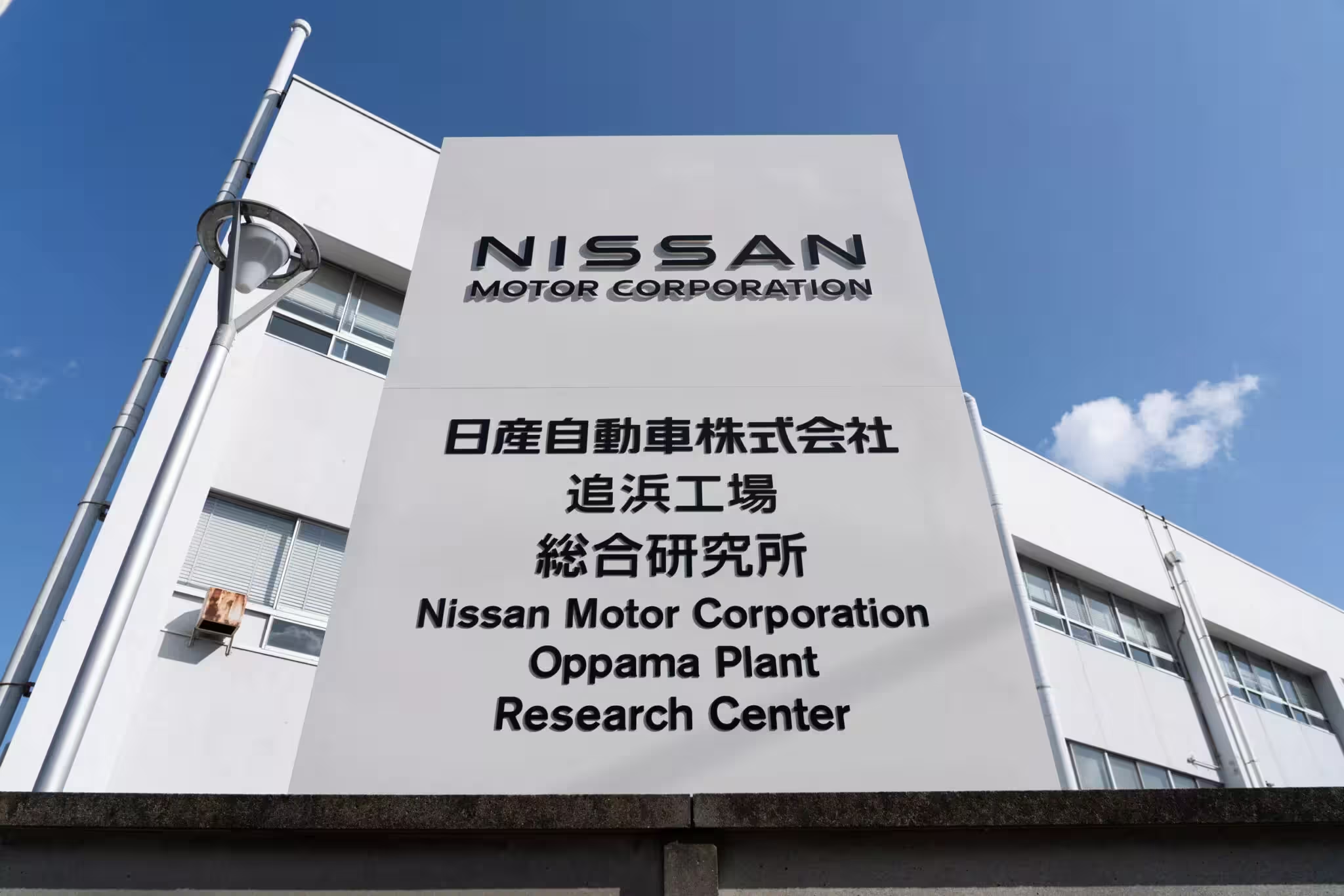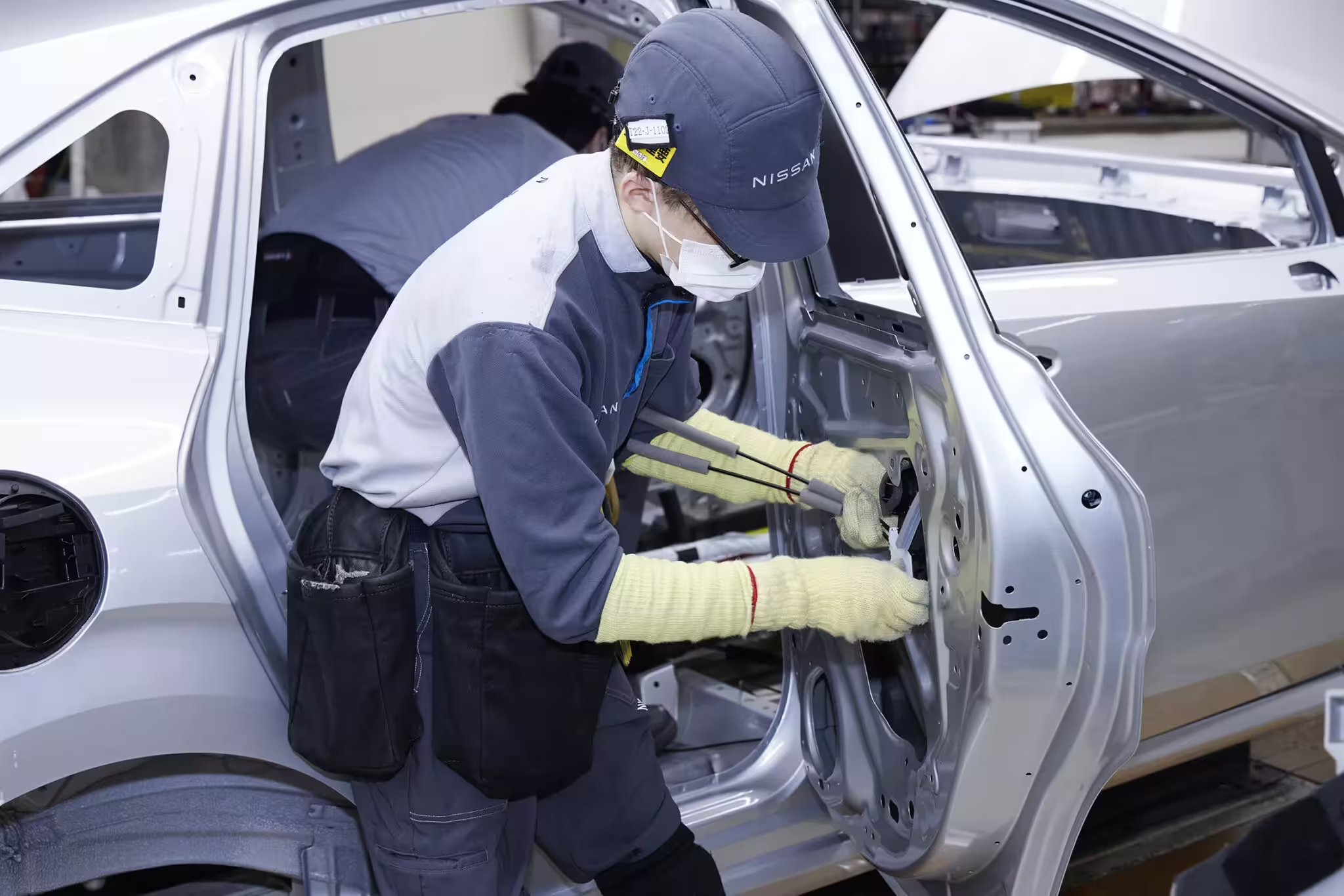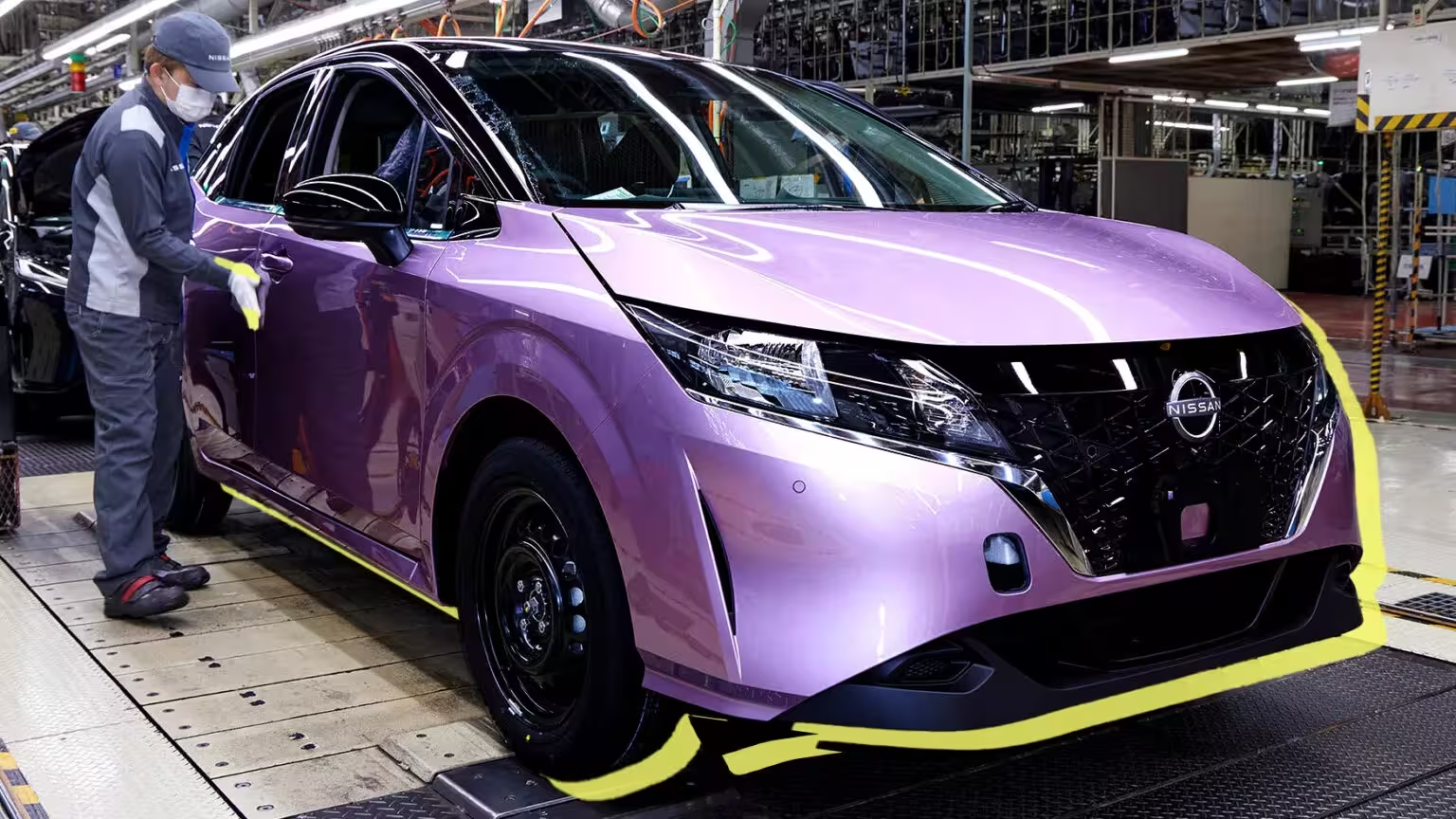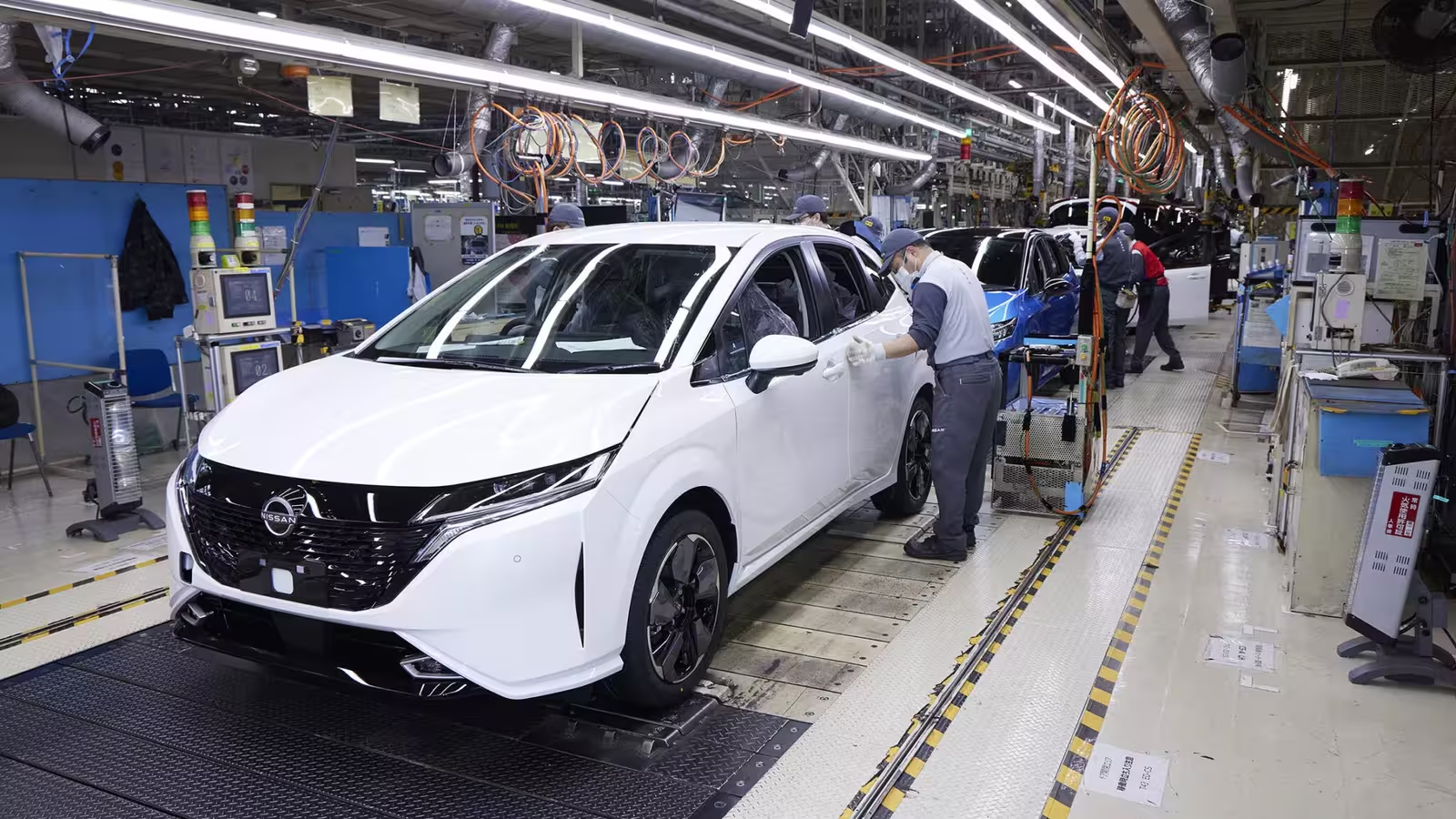5 Minutes
Nissan Faces New Era with Closure of Iconic Oppama Plant
Nissan, one of Japan's leading automakers, has announced a significant step in its global restructuring efforts by shutting down production at its storied Oppama facility. Operations at the Oppama plant are set to wind down by the end of the 2027 fiscal year, marking a pivotal moment in Nissan’s manufacturing history and signaling decisive changes within the automotive sector.
A Legacy of Innovation: The History of the Oppama Plant
Established in 1961, the Oppama plant has been central to Nissan’s vehicle production for well over six decades. Employing around 2,400 workers, the facility currently assembles popular models such as the Nissan Note and Note Aura. In years past, the Oppama plant played a key role in producing a diverse range of iconic vehicles that include the Nissan Bluebird, Cube, Juke, and the pioneering electric Nissan Leaf. Its closure underscores the accelerating transformations Japanese car manufacturers face as they adapt to shifting market dynamics and evolving consumer demands.
Strategic Restructuring: The Re:Nissan Recovery Plan
The decision to discontinue operations at the Oppama plant is part of Nissan’s broader Re:Nissan recovery plan designed to boost efficiency and optimize production. According to the company, both current and future models formerly produced at Oppama will be shifted to Nissan’s Kyushu plant, a facility with a legacy dating to 1976. This plant already assembles key domestic models, such as the Serena minivan and the X-Trail SUV, and produces the Rogue for international markets, ensuring continuity of Nissan vehicle supply.

Impacts on Research and Development Facilities
Importantly, while vehicle production will cease, the greater Oppama campus—including the Nissan Research Center, crash test facility, and maritime wharf—will remain operational. Nissan has emphasized a commitment to exploring a range of future uses for the plant, pledging to support its workforce through consultations and negotiation with labor unions.
Efficiency Measures and Global Production Capacity
Nissan’s restructuring aims to cut global production capacity from 3.5 million vehicles to 2.5 million units (excluding China) as it seeks to achieve optimal plant utilization rates approaching 100%. Additionally, Nissan plans to consolidate its manufacturing footprint from 17 to 10 primary production sites worldwide, streamlining operations and improving cost efficiency. As part of these measures, the automaker revealed that production of the NV200 van at the Shatai Shonan facility will end in fiscal 2026, to be replaced by a next-generation model in subsequent years.

Market Positioning and Competitive Outlook
Though Nissan’s restructuring reflects current challenges within the global automotive market, it also positions the brand to compete more effectively with industry leaders amidst rising electrification and evolving mobility expectations. The plant transfers are expected to back more agile vehicle development, greater economies of scale, and robust quality assurance across Nissan’s model lineup, from compact hatchbacks like the Note to advanced electric vehicles such as the Leaf and crossovers like the Rogue and X-Trail.

Commitment to Sustainability and Community
Nissan CEO Ivan Espinosa characterized the move as a difficult but vital decision, expressing confidence in the strategy to build a resilient and sustainable future for Nissan. He affirmed a continued presence in the Oppama area and the automaker’s dedication to supporting the local community while preserving the innovative spirit that defined the Oppama plant for generations.
Comparative Perspective: Nissan versus Global Rivals
Amid intensifying competition from global car brands and the rapid expansion of electric vehicle adoption, Nissan’s proactive consolidation efforts may set a benchmark for others navigating similar market disruptions. As the company charts its next chapter, all eyes remain on how these strategic changes will enhance Nissan’s competitiveness and benefit car enthusiasts and buyers worldwide.
Source: carscoops


Leave a Comment